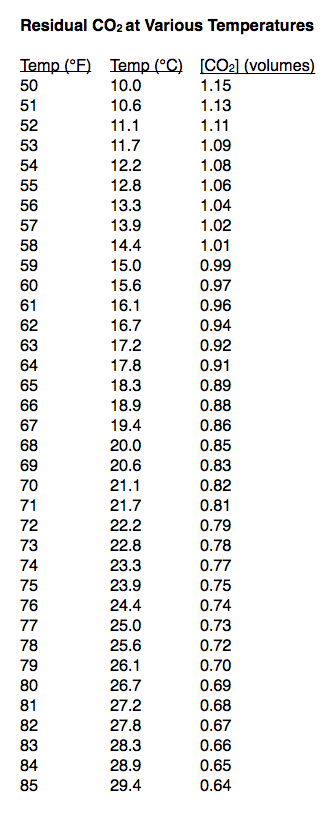nik_taylor
Member
- Joined
- Jan 16, 2014
- Messages
- 22
- Reaction score
- 8
Hi,
I'm just getting started with my first all grain brew this weekend. I plan to make a clone brew of a British beer from Wheelers book. I'm a Brit in the US and want the final product to taste like home which means no carbonation (flat and warm!).
I have looked around a few different forums and i cant find much on how to bottle conditioning without carbonation. I'm wondering if i transfer to secondary for a few weeks to drop out residual floculant material then bottle for a few weeks.
Is this possible or do i at least need to put in a small amount of sugar to keep up the positive CO2 pressure in the bottle?
Thanks in advance.
I'm just getting started with my first all grain brew this weekend. I plan to make a clone brew of a British beer from Wheelers book. I'm a Brit in the US and want the final product to taste like home which means no carbonation (flat and warm!).
I have looked around a few different forums and i cant find much on how to bottle conditioning without carbonation. I'm wondering if i transfer to secondary for a few weeks to drop out residual floculant material then bottle for a few weeks.
Is this possible or do i at least need to put in a small amount of sugar to keep up the positive CO2 pressure in the bottle?
Thanks in advance.



